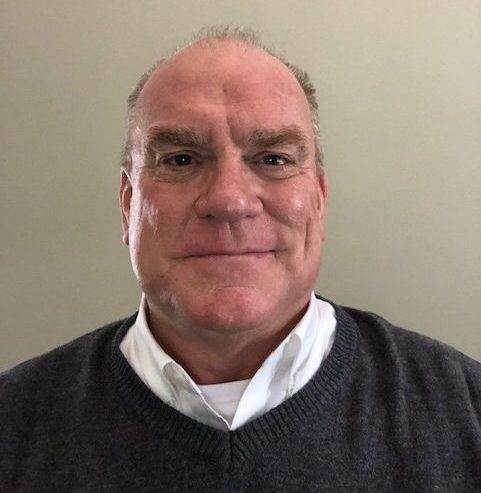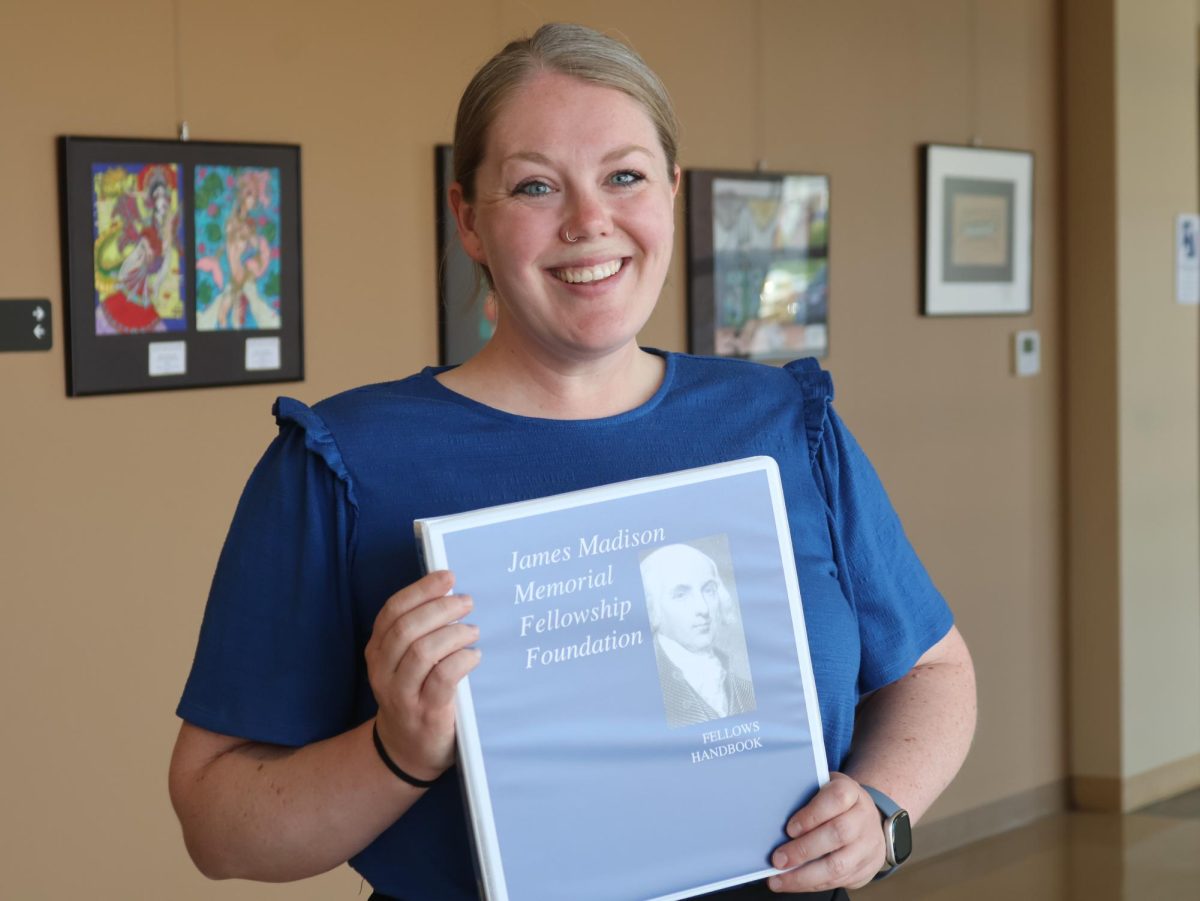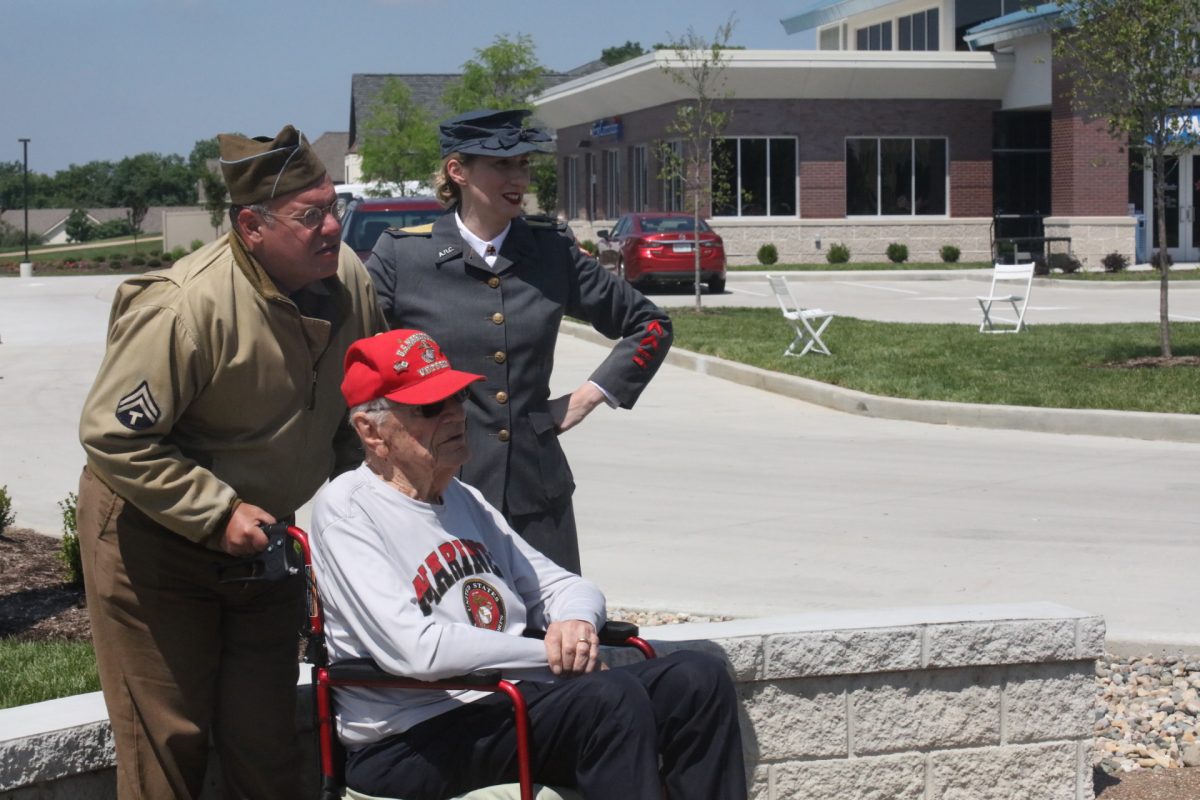The Facilitating Team for the Mehlville School District’s public-engagement push concluded last week that to improve the district, it also must improve community-engagement sessions designed to gather residents’ input.
Finding ways to more evenly disperse district employees among all residents in attendance and comparing the school district to state and national districts as well as those in the county are two goals the Facilitating Team hopes to accomplish next week.
The second of 11 community-engagement sessions for COMPASS — Charting the Oakville-Mehlville Path to Advance Successful Schools — is scheduled from 7 to 9 p.m. Monday, May 14, at Bernard Middle School, 1054 Forder Road.
The sessions will conclude next April when the Facilitating Team will begin refining residents’ wishes for the district into an executive summary to be presented in May 2008 to the Board of Education.
Monday’s community-engagement session specifically is tailored to seek ideas from the public concerning the district’s academic achievement and curriculum.
At the district’s first community-engagement session on April 16, roughly 400 people concluded their “biggest surprises” in the district are its ranking in various areas, low teacher salaries and low per-pupil spending. The three “biggest concerns” among those who participated April 16 were losing teachers, overall funding of the district and teacher salaries.
While nearly 400 people heard these figures delivered at the April 16 meeting, roughly 315 signed attendance sheets.
The Facilitating Team reports that out of those 315 attendants who signed the meeting’s roster, 135 are district employees. Of those 135 district employees, only 20 are district residents. To keep the district’s public engagement more in tune with the community’s desires rather than those of employees, the Facilitating Team last week agreed to persuade teachers to work with residents and not fellow employees in the study groups at each session.
Facilitating Team member Keith Benack said he believes one study group particularly comprised of teachers “flattened” the discussions of more than 50 study tables at the first community-engagement session.
“Things were going very well, and all of a sudden we got to a table full of teachers …,” Benack said. “There were several questions and/or pointed comments made. And maybe it was just me, and (Facilitating Team member) Desi (Kirchhofer) felt the same way, the momentum just kind of flattened. And then the next table came, and within two or three comments, we were back up to where we were.”
Dan Fowler, who serves as co-chair of the Facilitating Team and is a former school-board member, said while he values district employees’ input, he wants them to remember that COMPASS is more about the community than it is teachers.
“We need to have those groups busted up,” Fowler said. “We want them there, but we don’t want them sitting at the same table together.”
“They become a cabal,” Benack said.
“Not only that, we want a community face on and not an inside face …,” Fowler said. “It’s extremely important that teachers are there, and I want to emphasize that they’re there. We need their input. We need them to participate. But we need a community member outside of an employee … to be representing their table. So we’re going to emphasize that.”
“And their points may be completely valid,” Benack said. “A taxpayer may be concerned about the fact that they’re losing teachers out of this district. But to have a school teacher say ‘We’re concerned about all these teachers leaving’ sounds a little self-serving. And I really think we’ve got to guard against that.”
Trautwein Accelerated School teacher and Facilitating Team member Cathy May-rose said while she personally did not notice that one particular table of her fellow teachers overshadowed anyone else on April 16, she would be willing to ask them to spread out among the room on Monday.
Benack said because district employees know much more about the needs of each school than the average community member, he would like teachers to help as many study groups as possible to answer questions and give expertise.
“They are ultimately the experts at that school or at that given school,” Benack said. “And if they disperse themselves amongst people who are not quite as experienced or just don’t have the knowledge, there will be a better benefit. So it would be a help to us to have that happen.”
Another suggested improvement is comparing Mehlville with not only accredited county school districts, but also to school districts throughout the state and nation.
Incoming Superintendent Terry Noble, who officially begins his duties July 1, and Assistant Superintendent for Curriculum Connie Hurst-Bayless plan to incorporate state and national comparisons Monday night in a presentation of the district’s academic performance.
As for the topics of Monday’s session — academic achievement and curriculum — those who attended the April 16 session highlighted several areas of concern they have with Mehlville’s academic structure.
Among the community questions regarding academics are: available scholarships; the district’s graduation rate compared to other districts in the county, state and nation; the diverse student population’s effect on test scores and how language barriers might prevent learning; getting students to score better on Missouri Assessment Program testing; a consistent curriculum throughout the district; better ways to measure teacher performance; greater accountability among students; more services for gifted students; too much emphasis on test scores versus what students need to succeed; whether more per-pupil spending equals greater academic achievement; student discipline; and outdated textbooks and technology.
Because Monday’s session will not only focus on academic achievement but also provide a chance for residents to meet the district’s next superintendent, Fowler said the meeting is a “must” for anyone with an opinion of the Mehlville School District.
“This is the meat and potatoes of what Mehlville is all about,” Fowler said. “Without a doubt, this is one of the most important community meetings that COMPASS will initiate.
“If you want to have a say in the future direction of our school district, this meeting is a must to attend. Our mission is to develop an educational plan to the Board of Education. Academic achievement is at the core of everything we do,” he said.







